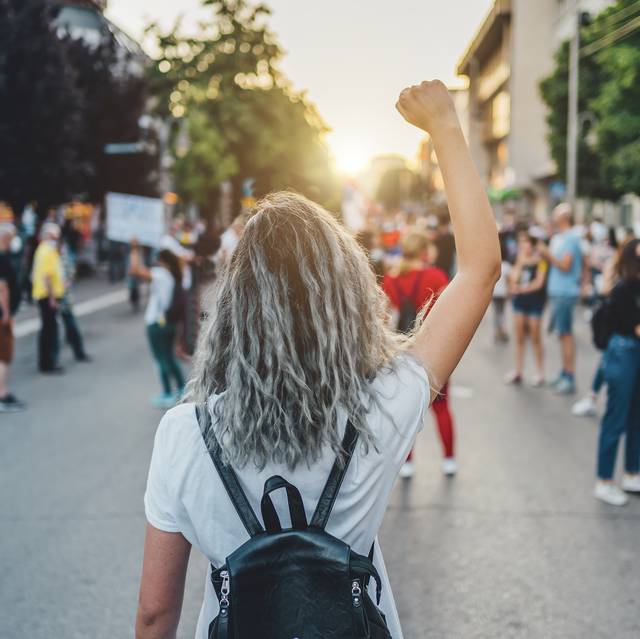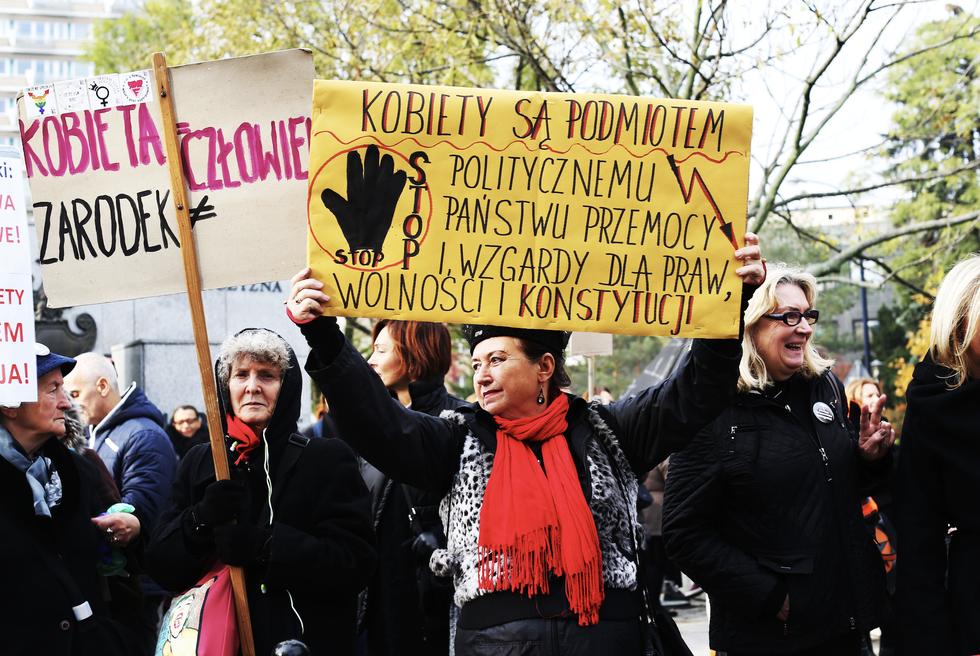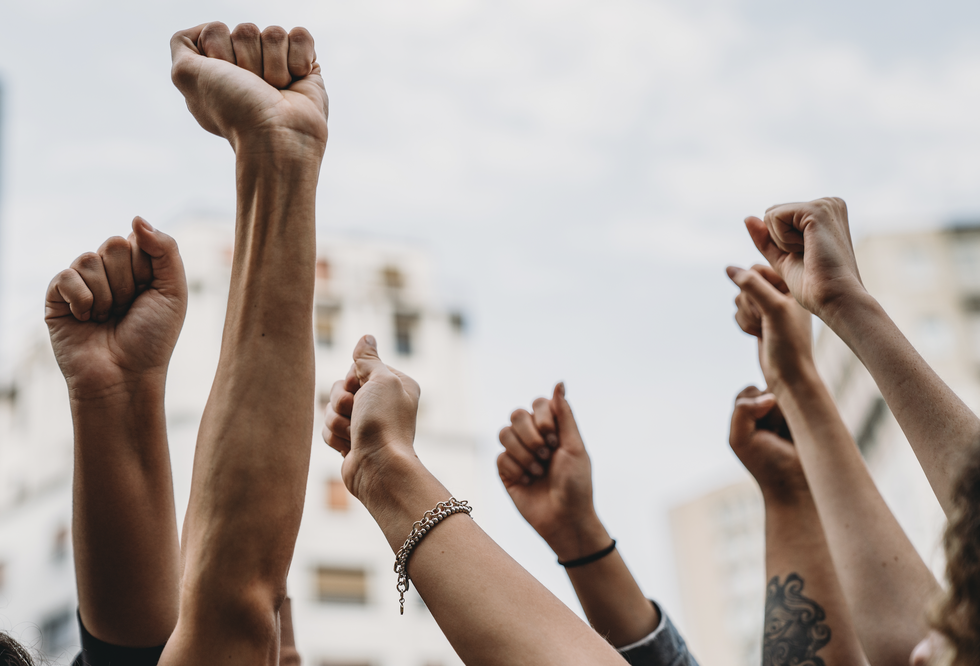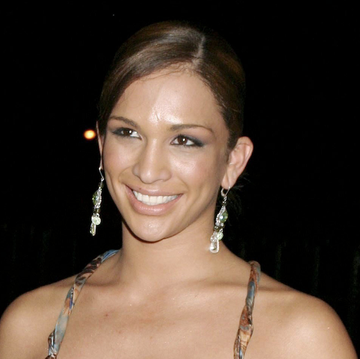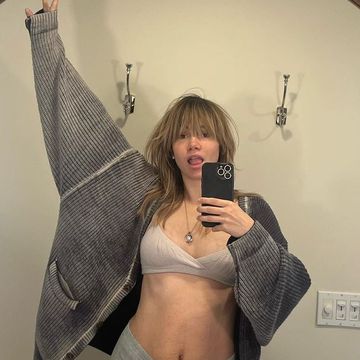It’s set to be a quiet day in Iceland, as thousands of women and non-binary people will down tools.
The full-day strike is expected to bring the country to a standstill, with many public sector workers and even Iceland’s Prime Minister, Katrín Jakobsdóttir, refusing to do any paid or unpaid work.
Organisers of the strike will hope this will draw attention to Iceland’s gender pay gap, as well as highlight the ongoing battle against gender-based violence.
Here’s everything you need to know about the strike.
Why are women in Iceland striking?
Organisers behind Iceland’s biggest strike in 48 years believe women and non-binary people’s value to society is chronically undervalued.
Strike organisers also say jobs traditionally associated with women continue to be undervalued and underpaid.
Nurses, teachers and those in the fishing industry are amongst those leading the charge.
Unpaid work and other domestic chores are encouraged to be halted for the day.
The strike, known as kvennafrí (women’s day off) in Iceland, also aims to fight against gender-based violence.
More than 40% of women in the Nordic country have experienced gender-based of sexual violence in their lifetime.
Who has organised the strike?
The strike has been organised by BSRB, the Icelandic Federation for Public Workers, alongside 40 different organisations.
The action stems from a grassroots movement, and has adopted the slogan: “Kallarðu þetta jafnrétti?”, which translates to ‘You call this equality?’
It’s the first strike of its kind since the first all-women day strike on 24th October 1975, which saw 90% of Iceland’s women refuse to work and caused seismic change in the country.
What happened before?
The 1975 strike hoped to ‘demonstrate the indispensable work of women for Iceland’s economy and society’.
A rally was held in Iceland’s capital, Reykjavik, where women vocalised their demands for equality. The Redstockings, a radical feminist movement, performed a series of songs demanding equal pay and treatment,
Kolbrún Halldórsdóttir, who was inspired to become an activist and politician following the rally, describes the city as being so busy she could “barely see”.
Halldórsdóttir, who was a 20-year-old drama student at the time, explained: “It really influences you when you experience the power of the masses.”
She continued to The Guardian: “You saw women that you hardly ever see. There were all kinds of women from all walks of life, they were dressed up, you can see in the pictures that it’s a colourful bunch of people even though most of the pictures were black and white.”
It certainly had a long-lasting impact in Iceland. The following year, Iceland's parliament passed a law guaranteeing equal pay. Subsequent strikes, such as Poland’s 2016 Black Monday strike, and the International Women’s Strike, have been modelled on Iceland’s methods.
It was also thought to be a catalyst in the election of Vigdís Finnbogadóttir in 1980 – the world’s first democratically elected female president.
Isn’t Iceland a frontrunner in women’s equality?
On paper, yes. Iceland is considered a global leader in equality. The country has topped the 2023 World Economic Forum’s global gender gap rankings for the 14th consecutive year – but still has a 21% wage gap.
Having the global reputation that it does, Iceland has a responsibility to “make sure we live up to those expectations”, says Freyja Steingrímsdóttir, communications editor for the Icelandic Federation for Public Workers.
“We’re talked about, Iceland is talked about, like it’s an equality paradise,” she says. “But an equality paradise should not have a 21% wage gap and 40% of women experiencing gender-based or sexual violence in their lifetime. That’s not what women around the world are striving for.
“We do this because we are all fighting the same system, we are all under the influence of the patriarchy. We should combine our fight.”
Kimberley Bond is a Features Writer at Cosmopolitan. After gaining her MA in Magazine Journalism from the University of Sheffield in 2016, Kimberley first started her career as a showbiz and culture writer, where she interviewed A-Listers (and Z-Listers) on red carpets, at awards ceremonies and at parties.
After the pandemic put a hold on the showbiz circuit, Kimberley turned to features and has written for a number of publications including The Independent, The Telegraph, Evening Standard, Stylist and Glamour amongst countless others.
She’s still a complete celebrity gossip hound, and when she’s not scrolling through the sidebar of shame you can find her on X, LinkedIn or in the gym where’s trying and failing to get an arse like JLo.
